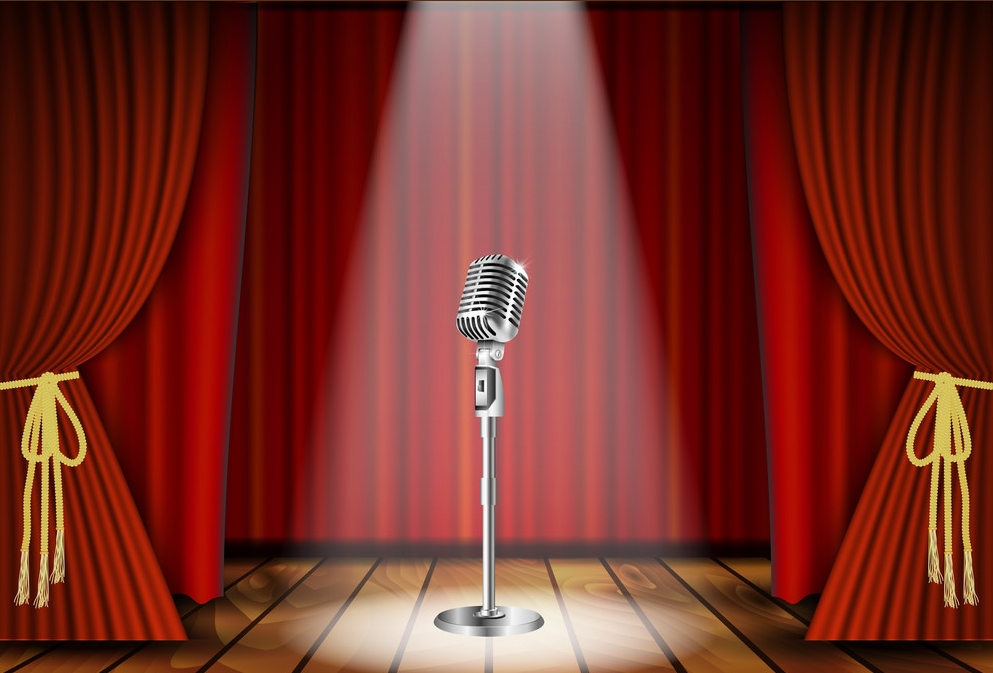One remarkable development in our current cultural moment is the growing emergence of conservative comedy as a powerful force in our social conversation. Contrary to other explanations so far offered for it, this essay attributes the rise of right-wing comedy to the intense polarization that has occurred in our politics and culture over the recent decades.
At the forefront of this conservative counterpoise to the more dominant liberal comedy is TV host Greg Gutfeld courtesy of his eponymous show Gutfeld! on Fox. According to Nielsen data, Gutfeld has bested the left’s leader Stephen Colbert in viewership numbers in the late-night comedy space in the most recent period.This despite the significant fact that Gutfeld’s show runs on cable rather than the more available network TV channels.
In their article on the subject, professors Nick Marx and Matt Sienkiewicz suggested that the growth of conservative comedy was due to “shifts in media industry economics and political ideologies.” (“How a Conservative Comic Greg Gutfeld Overtook Stephen Colbert in Ratings to Became the Most Popular Late-Night TV Host”, September 24, 2021, The Conversation.)
However, the evidence rather suggests that comedy did not become “ideological” until the last two or so decades, with the overall polarization of our politics and culture. Indeed, it was largely the ideological tenor of latter-day comedy that seemingly transformed the so-called “media industry economics”.
For his part, comedian Bill Maher rightfully explained that “comedy goes where the funny is, and there is funny on the left now, as well as the right”. (See Real Time with Bill Maher, August 27, 2021)
However, it is a fact that both the Left and the Right have had their share of scandals and absurdities over the last half century and yet no conservative comedian (think Dennis Miller and others), regardless of their talent, had managed to break through to comedic recognition and applause like Gutfeld has done. And it’s not because conservatives don’t know how to do comedy, as Maher further claimed. They actually do.
And so, the question lingers, why now?
Well, fact is, America itself changed, materially. Over the past two decades, the political branch of comedy has tended to dominate the practice of comedy, bringing with it the introduction of ideology and advocacy to the work of comedians. This new sort of comedy has been aptly termed “muckraking comedy”, courtesy of an August 2018 article in Medium co-authored by the Paley Center’s senior curator Ron Simon and this writer, titled “The Brave New World of Muckraking Comedy.” In explaining muckraking comedy, the article stated, “Once facts were facts and jokes were jokes. But the two have merged with comedians now wanting to change hearts and minds and not just release a guffaw. Funny now investigates and persuades, with the hopes of knowing laughter too.” Comedian Jon Stewart’s The Daily Show on Comedy Central is considered by many to have birthed this new (muckraking) era in comedy.
Once upon a time in American society, say the 1960s and 1970s, comedians simply stayed in their lanes and rendered the jokes to entertain their audiences and mostly kept their politics to themselves. And that was in keeping with the country’s mores at the time. Even a political scandal as big as Nixon’s Watergate was not perceived by most comedians of that era as offering comedy gold; nor did most Americans see it as that much of a laughing matter, as confirmed by a 1973 article in The New York Times which noted that “Watergate just isn’t a laughing matter for most of the nation’s standup comedians”. (Watergate Comics Find the Joke Is on Them,” by Roy Reed, September 8, 1973). “When they subpoenaed the President, that’s not comedy,” said Ken Barry, a comedian from that time.
To understand the “new normal” in American comedy, try imagining the probable reactions of leftwing comics if, Donald Trump, say, were to have faced a political scandal so huge as to force his resignation from office. Given recent suggestions in some quarters of a “national divorce” between Red and Blue America, it is hardly surprising that Americans now seem to have trouble being able to laugh at the same jokes. It is this sort of polarized environment that has created the golden opportunity for conservative comedy to answer the needs of people on the political right who hunger to “own the libs” and to laugh heartily at their expense. Accordingly, right-wing comedy of the muckraking variety has simply joined the fray, not so much to displace left-wing comedy as to stand in opposition to it in the service of its own political constituency. Gutfeld’s operation has seemingly emerged as the flagship of this movement, one that appears poised to wax even stronger in our current political and cultural moment.
Editor’s Note: At the moment the author is seriously working hard to finish writing a new book on a rather tight deadline. So please bear with us if upcoming posts do not appear as regularly as they should during this, hopefully, quite short period. However, in the meantime, please do dig into the many other posts contained in the archives, which are readily available for your reading pleasure. There are two “categories” of articles: “Comedy Legal” and “Other Controversies.” You can find all of them at the “Categories” box on the sidebar. Please keep reading!











